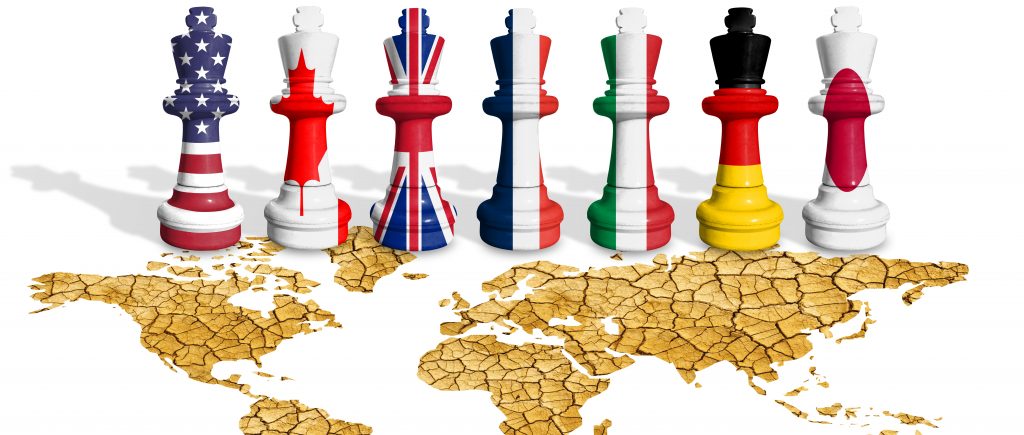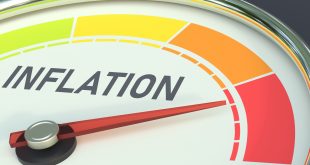G7 finance leaders concluded a summit hailed as “positive and successful,” advancing support for Ukraine and tackling global economic imbalances. A key focus was tightening sanctions on Russian energy, with proposals to lower the oil price cap to $50 per barrel, though deeper measures were deferred. Trade talks, clouded by US tariff policies, remained contentious but unresolved. Experts warn that G7 central banks, alongside the Federal Reserve under Chair Jerome Powell, must coordinate sanctions and trade policies to stabilize markets without sparking economic fallout.
Russian Oil Sanctions Take Center Stage
G7 ministers proposed adjusting the Russian crude oil price cap from $60 to $50 per barrel, aiming to squeeze Moscow’s war funding while supporting Ukraine. The move builds on 2022 sanctions that slashed Russian oil revenues by 20%. Discussions on broader energy restrictions surfaced, but central bankers avoided specifics, eyeing future talks. The 2023 oil cap implementation, which briefly spiked Brent to $90, shows sanctions can disrupt markets. Experts argue G7 leaders must calibrate restrictions to avoid supply shocks, especially with global inflation projected to exceed 2% through 2027.
US Tariffs Stir Economic Divide
Trade discussions proved thorny, with the EU decrying US tariffs as economically harmful, while the US defended them as leverage. President Donald Trump’s tariff threats, including on EU goods, risk escalating tensions, echoing the 2018 trade war that shaved 0.5% off global GDP. No direct trade negotiations occurred, but G7 leaders vowed to seek “mutually acceptable solutions.” Experts caution that the US should soften its tariff stance to preserve alliances, warning that prolonged disputes could weaken global growth, forecast at 1.4% for the US in 2025.
Global Policy Challenges Loom
The summit sidestepped the global corporate tax deal, focusing instead on Ukraine and sanctions. With US debt at $36 trillion and Moody’s Aa1 downgrade fueling market jitters, the Fed faces pressure to hold rates at 4.25%-4.50%. Upcoming PMI data will test economic resilience. The 2022 sanctions wave, which rallied oil prices, underscores the need for careful policy. Experts argue central banks must align on sanctions to curb Russia’s influence without inflating energy costs, balancing support for Ukraine with economic stability.
G7 central bankers tend to prioritize coordinated sanctions and trade diplomacy to prevent market turmoil. The proposed $50 oil cap risks supply disruptions if miscalibrated, while tariff spats threaten G7 unity. Investors are expected to hedge with safe-haven assets like gold, given rising risks. Historical trade disputes show clarity restores confidence, but experts urge disciplined policy to ensure sanctions hit their mark without derailing the global economy.

 Noor Trends News, Technical Analysis, Educational Tools and Recommendations
Noor Trends News, Technical Analysis, Educational Tools and Recommendations



